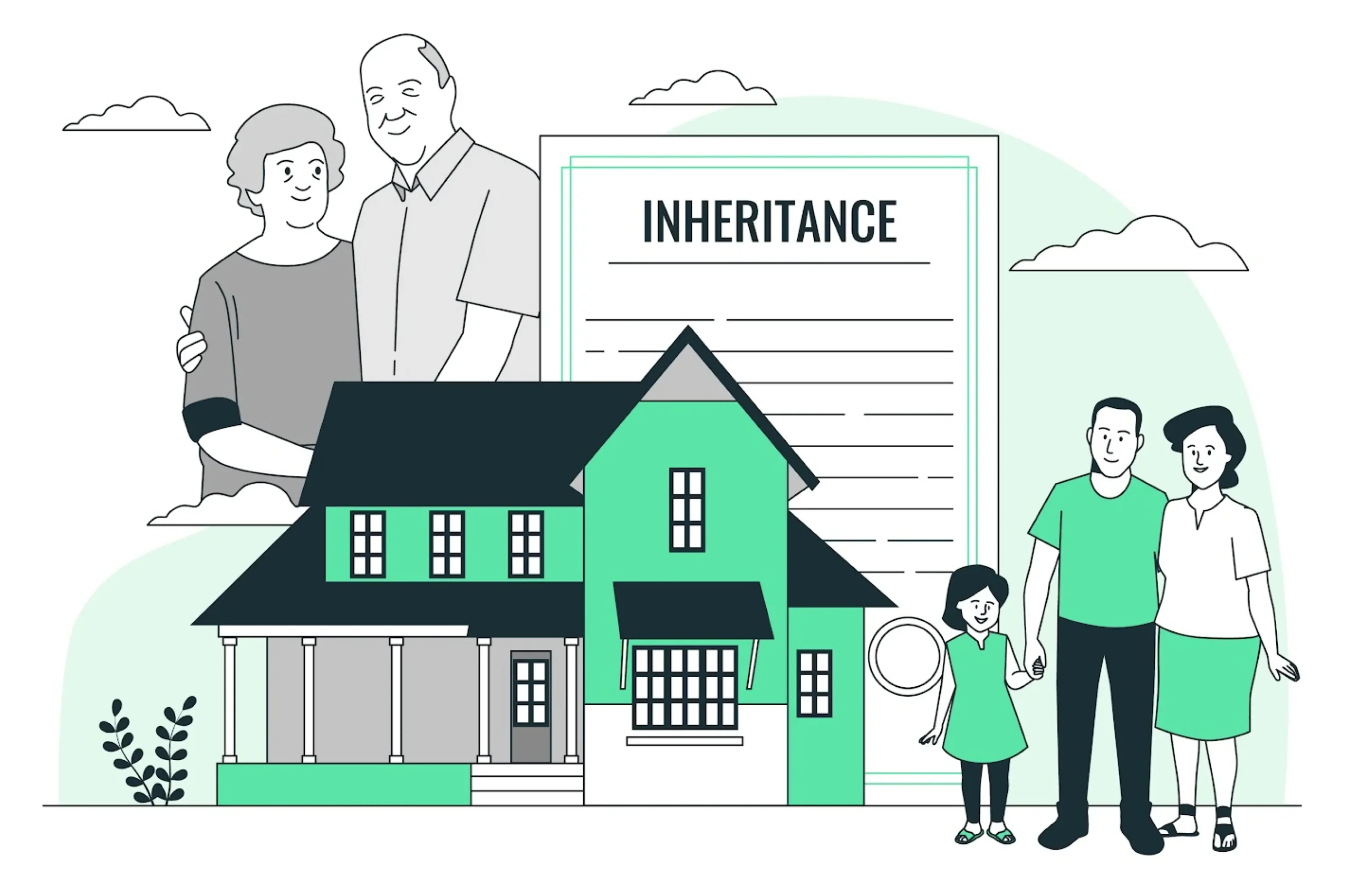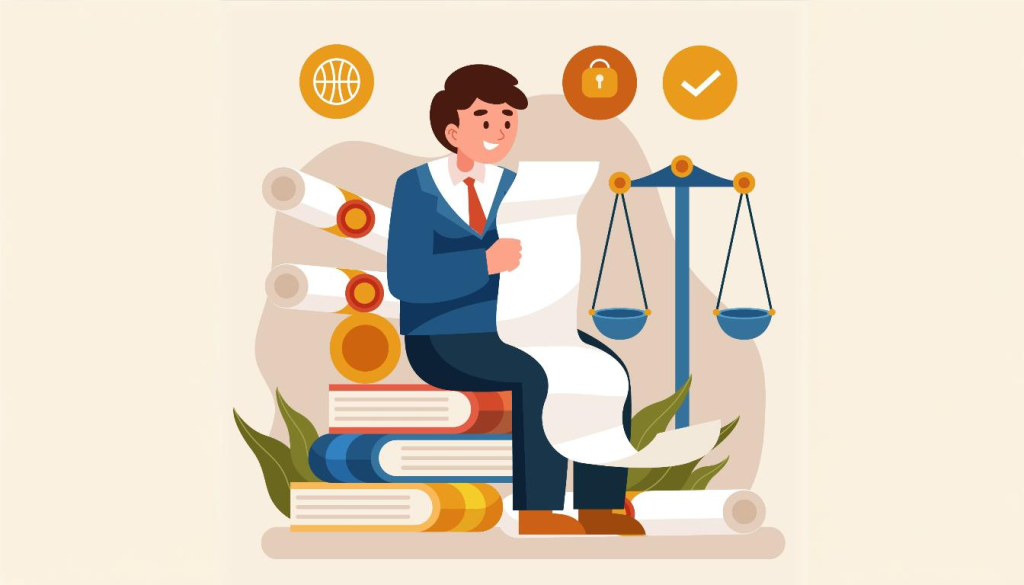
“The only thing certain in life is death and taxes,” observed Benjamin Franklin, highlighting two inevitable truths that everyone must face. While death marks the end of a journey, it also initiates another critical process—the distribution of a person’s assets and property among their rightful heirs. In India, this process is governed by the legal mechanism of probate.
By ensuring that a deceased person’s will is legally validated, probate aims to provide clarity and fairness in asset distribution. However, much like taxes, probate is not without its complexities. It requires time, effort, and costs that can pose challenges for the beneficiaries. This blog delves into the benefits and drawbacks of probate within the Indian context, exploring its impact on heirs, property distribution, and the broader legal framework.
Also See: Understanding Probate: What It Is and Why It Matters.
What is Probate?
Before diving into the pros and cons, let’s first define probate. It is a legal procedure that validates a deceased person’s will. It ensures that the distribution of assets is carried out according to the deceased’s intentions, as specified in the will. In India, it is essential in cases where the deceased person owned immovable property. Especially in states like Maharashtra, where it is mandatory for will execution.
Benefits of Probate in India

1. Legally Validating the Will
One of the key benefits of probate is that it provides legal assurance that the deceased’s will is authentic. By obtaining this, the executor of the will is granted legal authority to distribute the estate as per the deceased’s wishes. Without probate, there could be disputes over the authenticity of the will. For example, a person leaves behind a sizable estate but does not register his will.
After his passing, family members may dispute the will’s authenticity. However, with probate, the court validates the will, providing legal backing for the executor and preventing any potential family conflicts over the will’s legitimacy.
2. Legal Certainty for Beneficiaries
Probate offers security for the beneficiaries of the will. Once this is granted, the executor can begin the process of transferring the property and assets, reducing the chances of any challenges or delays. This process ensures that the beneficiaries can expect the estate to be distributed according to the deceased’s wishes.
Consider a situation where there is a dispute among multiple heirs regarding a deceased relative’s estate. If probate has been granted, it helps clarify the rightful ownership of the estate, making it much more difficult for third parties to make competing claims.
3. Mitigating the Risk of Family Disputes
In many Indian families, probate helps mitigate the risk of prolonged family disputes over property. For example, in joint families where multiple people may feel entitled to the estate, it ensures that there is a legal record of how the property is to be divided.
It acts as an official validation that the deceased’s wishes, expressed through the will, are legally binding, preventing family members from making conflicting claims. This is especially important in India, where inheritance disputes can often become long-standing legal battles.
4. Clear Instructions for Asset Distribution
Probate ensures that the deceased’s instructions regarding asset distribution are followed clearly and without ambiguity. This is particularly useful when the estate involves multiple properties, bank accounts, or investments.
If, for instance, a father in Mumbai wishes to pass on his house, savings accounts, and other assets to his children, probate makes sure that each child receives their share in accordance with the will. Without probate, confusion may arise over the proper distribution of assets, leading to delays or disputes.
Drawbacks of Probate in India

While probate is an essential process, there are some drawbacks that individuals should consider when making their will:
1. Lengthy and Expensive Process
One of the major drawbacks of probate is that it can be a long and costly process. In India it can take several months or even years, especially if the estate is large or if there are disputes among the heirs. Legal fees and court costs can add up, making the process financially burdensome for the beneficiaries.
For instance, this process for a large estate in metro cities like Mumbai and Delhi could take up to a year or more to complete due to delays in the court system, which can be both time-consuming and expensive. These delays can cause unnecessary stress for the family members, who may be left in limbo for extended periods before the estate is settled.
2. The Complexity of Legal Formalities
Probate involves numerous legal formalities that can be difficult for non-experts to navigate. In India, the process involves filing petitions, court hearings, and presenting various documents, including the original will, death certificate, and identity proofs.
This can be overwhelming, especially for family members who are already dealing with the emotional strain of losing a loved one. The entire process is formal, and any mistakes in the paperwork can cause delays or rejections of the probate petition. This complexity adds another layer of frustration to an already challenging situation.
3. Challenges to the Will’s Validity
Probate can also be contested by individuals who claim that the will is invalid. In India, wills can be contested on grounds such as lack of mental capacity, undue influence, or improper execution. If the will is contested, the process can be delayed, leading to extended legal battles.
For example, if a family member believes that the deceased was coerced into writing the will or lacked mental capacity, they may challenge the validity of the will in court. This can significantly delay the process, extending the time it takes to distribute the estate and creating conflict among family members.
4. Probate Is Not Always Necessary
In some cases, probate may not be required. For example, if the deceased’s estate consists primarily of movable property, such as bank accounts or shares, it may not be necessary. Similarly, in cases where property is jointly owned, the surviving owner may automatically inherit the deceased’s share, eliminating its need.
Consider a scenario where a person’s bank account has a nominee listed, or if the deceased held a joint property with a spouse. In these cases, the assets pass directly to the nominee or the surviving owner, bypassing the process entirely.
5. Impact on Privacy
Probate makes the will a matter of public record. This means that the details of the deceased’s estate, beneficiaries, and other personal information can be accessed by the public. For individuals who value privacy, this can be a significant drawback. This process requires transparency to ensure that the deceased’s wishes are respected, but this transparency can lead to unwanted exposure of sensitive family matters and asset details.
How to Avoid Probate: Alternatives in India

In some cases, individuals may wish to avoid probate altogether. There are several legal alternatives in India to bypass this process:
1. Living Trusts
A living trust allows individuals to transfer ownership of their property during their lifetime, avoiding the process. The assets in the trust can be passed to beneficiaries directly upon the individual’s death, without the need for probate. This method ensures that the transfer of property happens smoothly and without the delay or cost associated with probate.
2. Joint Ownership
Properties held in joint ownership or with the right of survivorship do not require probate. The surviving owner automatically inherits the property. For example, if a husband and wife jointly own a house, the surviving spouse will automatically become the sole owner without the need for probate. This can help simplify the estate distribution process.
3. Nomination for Financial Assets
For assets like bank accounts and insurance policies, one can nominate a beneficiary. In the event of death, the nominee will inherit the assets without the need for probate. This is a common practice for individuals who wish to ensure a smooth transition of their financial assets to the designated person without the complexities.
Stay tuned to find out more about situations where a probate might be unnecessary or why you might want to avoid it.
Conclusion
In conclusion, the benefits and drawbacks of probate must be carefully considered when planning for the distribution of assets. While it ensures the legal validity of a will and protects beneficiaries, it also comes with challenges such as long delays, legal complexities, and the risk of disputes. To simplify estate planning, it is crucial to understand the process and explore alternatives that suit your unique needs.
Whether or not probate is necessary depends on your specific situation and the assets involved. Mitt Arv can help streamline this process by offering innovative solutions such as asset vaults, and emotional wills, empowering you to secure your legacy with ease and efficiency. Start your legacy planning with Mitt Arv today!!